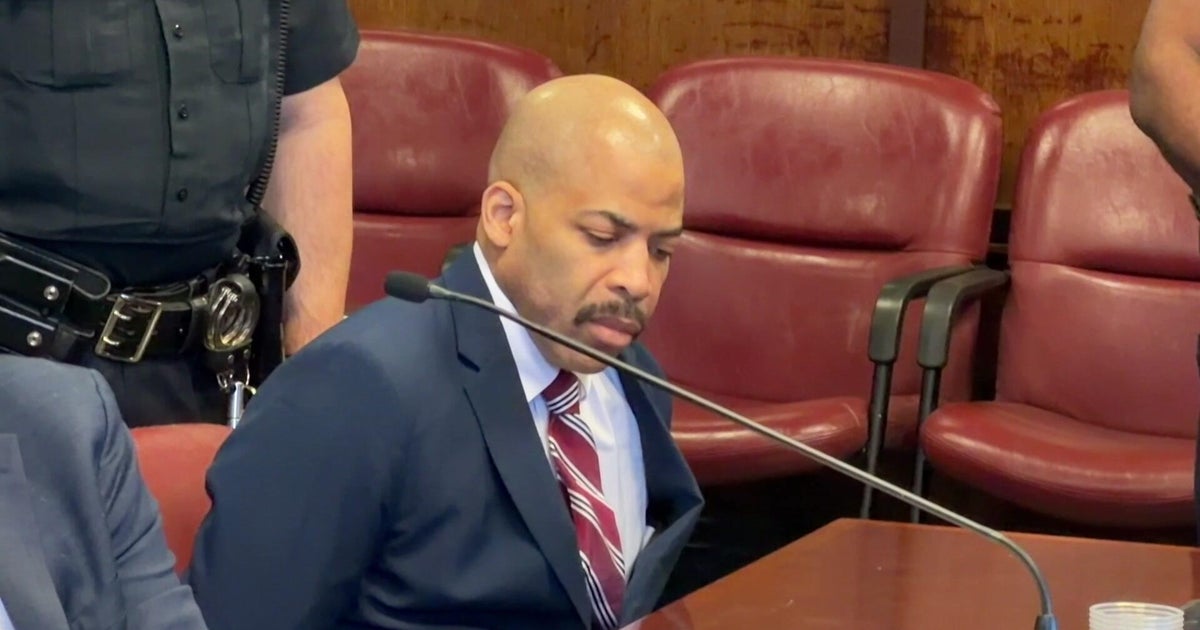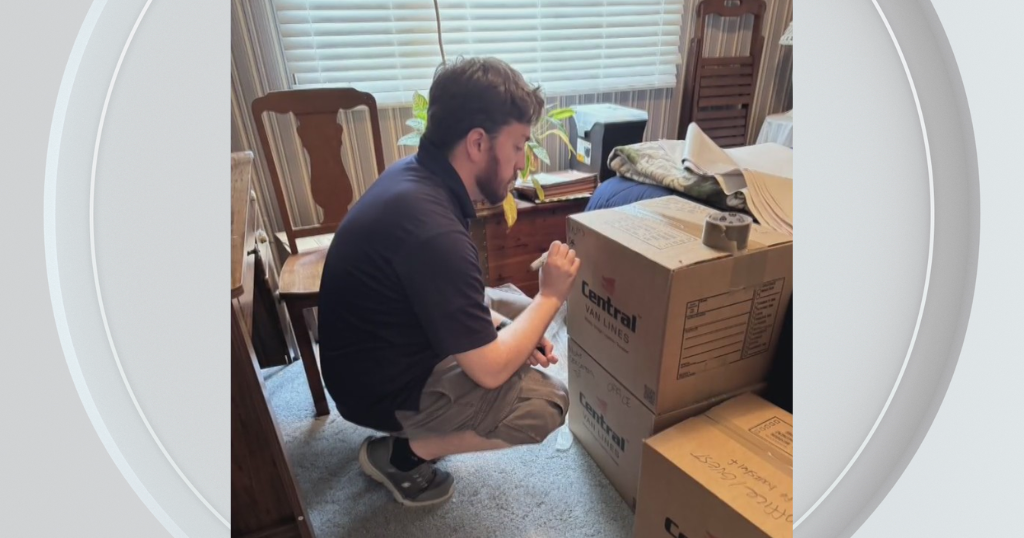New Technology Helping To Treat Veteran Brain Injuries
PITTSBURGH (KDKA) - Over the last decade, with the United States fighting two wars, there has been an incredible increase in the number of service people with traumatic brain injuries.
Today, at a seminar at Soldiers and Sailors Hall, medical professionals and veterans young and old got together to try to deal with that issue.
Former Marine, 82-year-old Ed Vogel remembers the Battle of the Chosin Reservoir
"We had unbelievable conditions," Vogel said.
It was 40 degrees below zero and they were surrounded by one million Chinese. This epic battle produced horrific injuries including brain trauma and treatment was primitive.
"Sometimes you just did what you had to do," Vogel said. "You didn't have time to make a choice you just reacted."
Modern combat still sees horrific traumatic brain injuries, but amazing advancements are being made, Including high-definition fiber tracking pioneered by the Center for Military Medicine Research at UPMC.
"In the past when we've tried to take care of brain injury patients, we grouped everybody together and treated them the same way. Now, we need to get into this concept of precision medicine, where we have very specific information about what exactly is wrong and then we can group patients into subcategories of consistent problems and then target therapies to those very specific problems," UPMC Director Brain Trama Research Center Dr. David Okonkwo said.
With HD fiber tracking, doctors can isolate the damage and assess treatment.
"An example of that is a patient of ours who early after his injury couldn't move the left side of his body. In the past we would take that situation and have no idea what that means for him six to 12 months later. But, with high-definition fiber tracking we knew that the connections necessary for him to walk were there," Dr. Okonkwo said
So, patients don't waste time on useless therapy.
Marine Major Shawn Swanson suffered a traumatic brain injury in an automobile accident. HD fiber tracking has enabled his therapy to be targeted, which has an added benefit for the patient's emotional recovery.
"Just giving patients a more detailed understanding of their injury is therapeutic in and of itself," Dr. Okonkwo said.
There is certainly a sense of urgency with dealing with traumatic brain injuries because the Defense Department as well as the VA wants this issues addressed now so in two decades, the system will be overwhelmed with Parkinson's and other brain related injuries because the problem wasn't solved early enough.
RELATED LINKS







